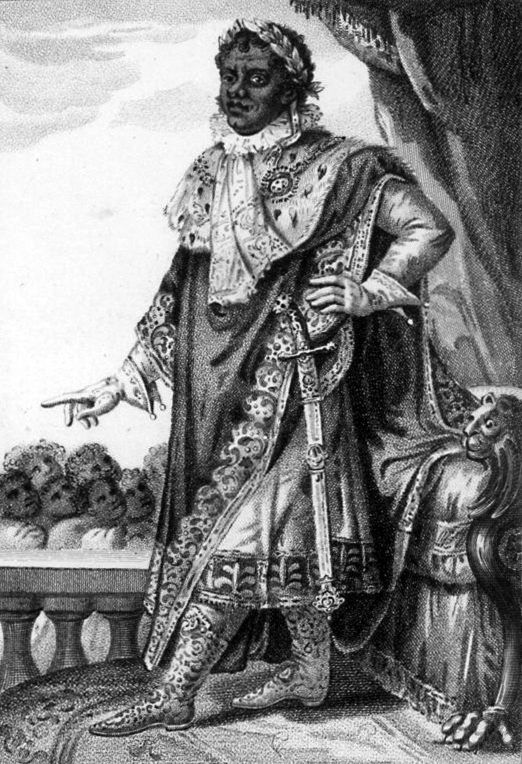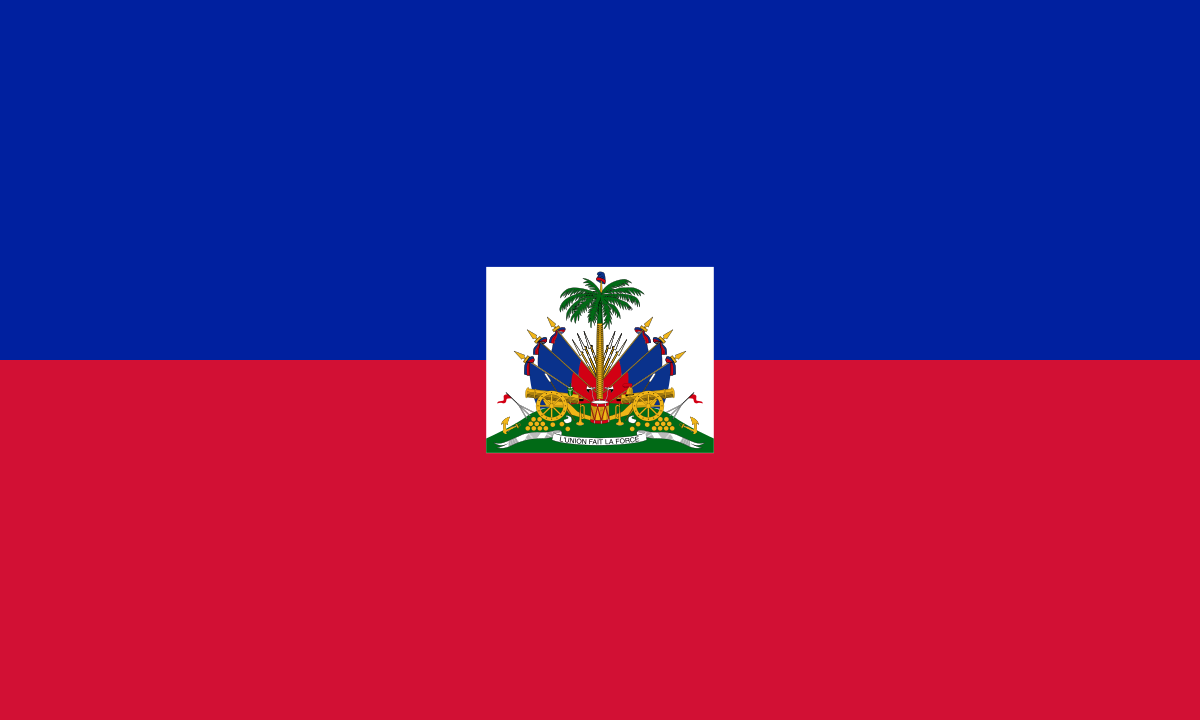Henry I

King Henry constructed magnificent monuments, reformed the government, the civil administration and the army. He established a navy, founded a system of public instruction and several learned societies, opened diplomatic relations with foreign governments, and corresponded with societies and institutions in Europe. By all accounts, a successful, learned and enlightened ruler. He was a lifelong admirer of King George III and modelled his court on the Court of St James. At his Coronation he founded Haiti’s first Order of Chivalry and a peerage, creating Princes, Dukes, Counts, Barons and Chevaliers. Some of these titles, such as the Duke of Marmalade and Count of Limonade, caused ridicule within certain quarters in Europe and America. However, these were territorial designations based on actual place names in Haiti. No more or, no less reason for merriment than a Prince of Orange or a Duke of Bouillon.
Faced with an army insurrection inspired by the southern mulatto republic, King Henry shot himself before the southern forces were able to take his palace. On their eventual arrival they destroyed Henry’s institutions and killed his adherents, and abolished the monarchy in an orgy of bloodshed, beastliness and cruelty. His magnificent palaces, the citadel, fortresses and public buildings were left ruin. In the years since then, earthquakes and cyclones have taken their toll, but their shells remain a proud testament to better days.

